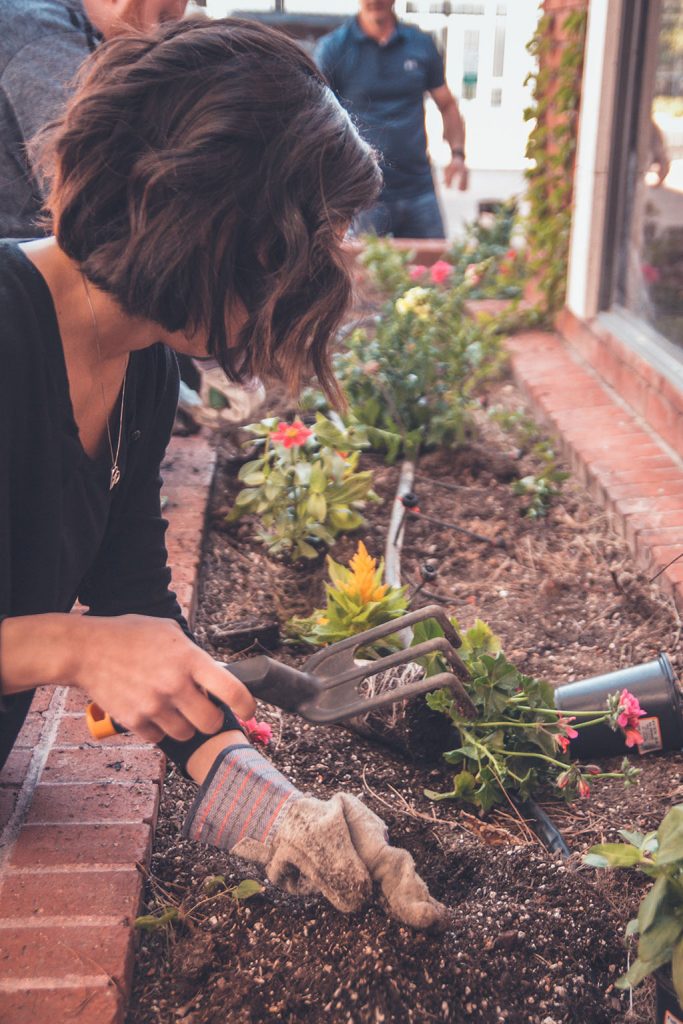
This weekend past, we topped up the vegetable. We wanted to use a mixture of different organic matter to add texture, substance and a range of nutrients to the soil. We ended up using coir, cow manure, and Dynamic Lifter. For the top layer of the vegetable bed, we added sugar cane mulch. It isn’t particularly high in nutrients but it helps to reduce weeds and moisture loss and protect the soil from the sun’s heat.
Here’s a quick round down of your options to top up a vegetable bed:
Compost
- Home made is the best if you can get the pile hot enough.
Animal Manure
- Rabbit – very good
- Poultry / Chicken – good, very high nitrogen, e.g. Dynamic Lifter
- Goat – good
- Horse – fair, slow release
- Sheep – fair, high in nitrogen, phosphorus and potassium
- Pig – poor, high in nitrogen, phosphorus and potassium
- Cow – poor, slow release
Plant Manure
- Lucerne
- Coir – fibres from coconut plants. Good for bedding in worm farms.
- Mushroom compost – very good, made from straw and chicken manure (make sure it’s genuine)
- Green manure (grow your own)
Extras
Add a handful per square metre:
- Blood and bone – high in nitrogen, phosphorus and calcium
- Mineral rock fertiliser – ground rock
- Kelp meal or fish meal or Seasol or Charlie Carp – trace elements and high in potassium
- Cat litter – recycled from phone books – helps to retain water.
- Charcoal and ash – high potassium (aged first)
- and spoonfuls of trace elements.
It’s important to make sure any manure or compost added is well aged, so that when it is added to the bed it doesn’t heat up the soil too much and kill any seeds you are trying grow. I tend not to use sawdust as it may be treated and when it decomposes it uses up the nutrients you need for your vegetables. I’m not a big fan of newspaper and paper as some of them have dyes and bleaches that are also not organic. Hay can also contain grass seeds so be careful where you purchase it from.
Please do not use peat as it is not renewable and comes from wetlands and bogs which support an enormous array of wildlife and migratory birds, and should be protected areas, if they aren’t already.
National Composting Week
International Compost Awareness Week (ICAW) is on from 3rd to 9th May 2020 in Australia. This is a week during which Australians are encouraged to promote the importance and benefits of composting in their local communities. CORE, a not-for-profit charity has been championing this international awareness campaign exclusively in Australia for 15 years. ICAW has contributed to reducing organic waste going to landfills and at the same time improve liveability in our communities.
Leave a Reply